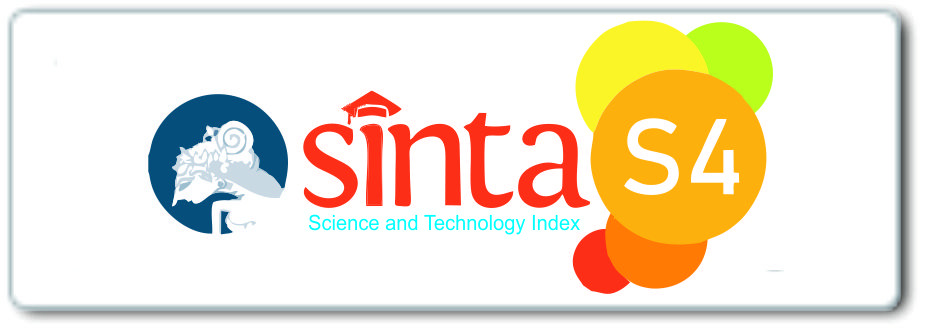Innovative Psychoeducational Media for Cancer Patients and Families: Increasing Understanding and Emotional Support in the Community
DOI:
https://doi.org/10.56988/chiprof.v4i2.73Keywords:
Psikoedukasi, Kanker, Dukungan Emosional, Media Edukasi, Kualitas HidupAbstract
Cancer is one of the most frightening diseases and has a significant emotional impact on patients and their families. Lack of clear information about the disease and its treatment often adds to anxiety and stress. Therefore, psychoeducation is a very important approach to help cancer patients and their families face this challenge. This study aims to develop effective and easily accessible psychoeducational media for cancer patients and their families in the community. The method used in this study is the Research and Development (R&D) approach, which collects data through surveys and in-depth interviews with cancer patients, families, and health workers. The psychoeducational media developed include brochures, educational videos, and mobile applications that deliver cancer-related information, stress management, and emotional support. The trial results showed that the developed media were effective in increasing patient understanding of cancer, reducing anxiety, and strengthening emotional support from family and community. As many as 95% of respondents reported that this media provided clear and easy-to-understand information, while 90% felt more able to manage their stress and anxiety. These findings indicate the importance of a technology-based approach in psychoeducation, which provides medical information and supports the psychological aspects of patients and their families. This research is expected to be a model for the development of broader community-based health education media, with the hope of improving the quality of life of people living with cancer and their families and reducing the social stigma that often surrounds this disease.
Downloads
References
for Reducing Stigma in Cancer Disease,” Open J. Nurs., vol. 10, no. 11, pp. 1142–1154, 2020, doi: 10.4236/ojn.2020.1011081.
C. Hussey, M. Hanbridge, M. Dowling, and A. Gupta, “Cancer survivorship: understanding the patients’ journey and perspectives on post-treatment needs,” BMC Sports Sci. Med. Rehabil., vol. 16, no. 1, pp. 1–16, 2024, doi: 10.1186/s13102-024-00864-y.
F. M. Lewis et al., “A Pilot Feasibility Study of a Group-delivered Cancer Parenting Program: Enhancing Connections-Group,” J Psychosoc Oncol, vol. 39, no. 1, pp. 1–16, 2021, doi: 10.1080/07347332.2020.1745987.A.
S. Lea et al., “The support and information needs of adolescents and young adults with cancer when active treatment ends,” BMC Cancer, vol. 20, no. 1, pp. 1–13, 2020, doi: 10.1186/s12885-020-07197-2.
Published
How to Cite
Issue
Section
License
Copyright (c) 2024 Lukman, Erie Sanjaya, Cahya Rahmadania, Julia

This work is licensed under a Creative Commons Attribution-NonCommercial 4.0 International License.




















